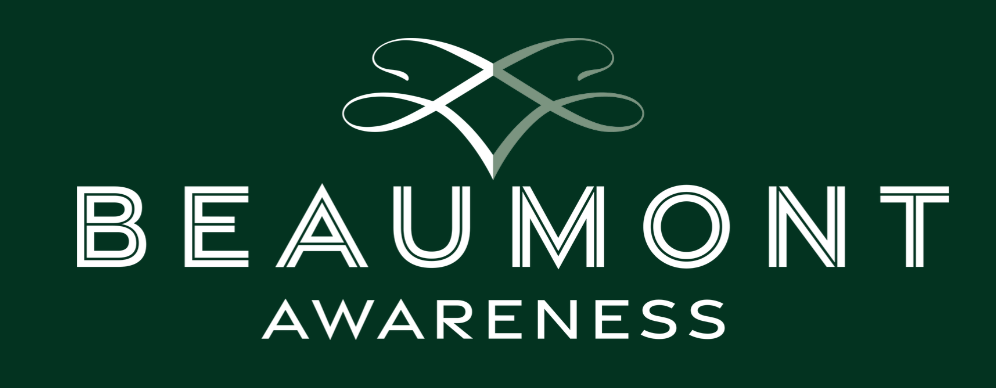Managing Happiness
I think of happiness as an investment like a portfolio with 4 big categories. We need all of them so our happiness can grow in a balanced way.
Faith or life philosophy/how you make sense of the world.
Family/not chosen but can count on them through thick and thin.
Friendships, who you choose and also your most intimate relationships.
Meaningful work, not one that pays a fortune or title, but work that allows us to earn our success and serve others.
All these are critical and need to be balanced/complement each other and exist in harmony.
50% of our happiness is inherited. Another chunk is determined by your circumstances at any given moment.
The remainder about a quarter, comes from the portfolio.
All of these points bring you enjoyment, satisfaction and meaning.
Satisfaction is what you have/over what you want
Satisfaction comes from not having what you want but wanting what you have.
But we need to find life’s meaning for true happiness.
So, in a paradoxical way, happiness requires some amount of unhappiness.
Happiness and You
The limbic system – the network in our brain that is at the centre of regulating our emotions.
Aristotle believed that the centre of intelligence and emotions was the heart.
Galen and St Augustine each proposed a ventricular theory of mind and emotions in which the brain and mind, not the heart, was at the centre of emotional life.
Leonardo da Vinci – most significant figure in the Middles Ages and Renaissance period to link emotions with physical processes and the physical senses.
Benjamin Disraeli wrote: “Action may not always lead to happiness……but there is no happiness without action.”
Dr. Martin Seligman – Founder of the field of Positive Psychology, explains how people can tap into positive emotions, and build a greater sense of flourishing and well-being.
Positive Psychology asks the question not how to get rid of what’s wrong, but how to discover what’s right and build and expand what’s right.
It’s the study of what makes life worth living.
Seligman asked the question: ‘What is well-being? And how are these skills completely different from the skills of ill-being?’
Written by founder Susi Hartmann
